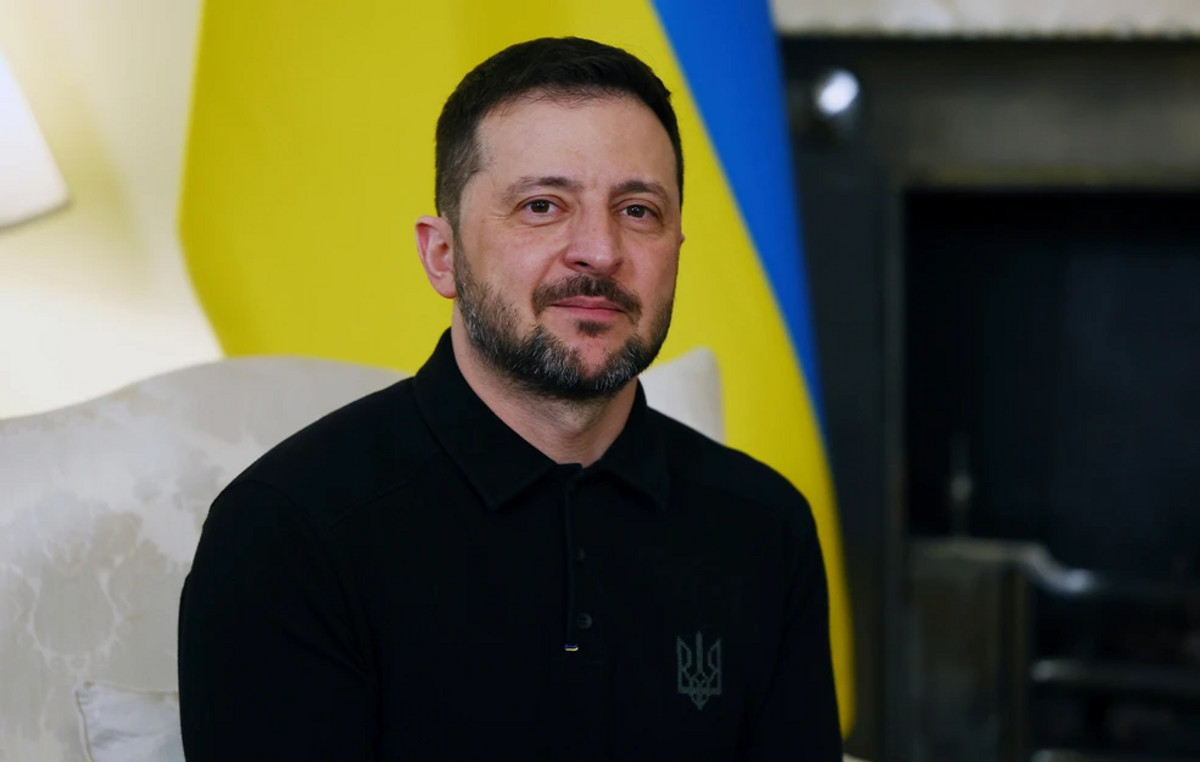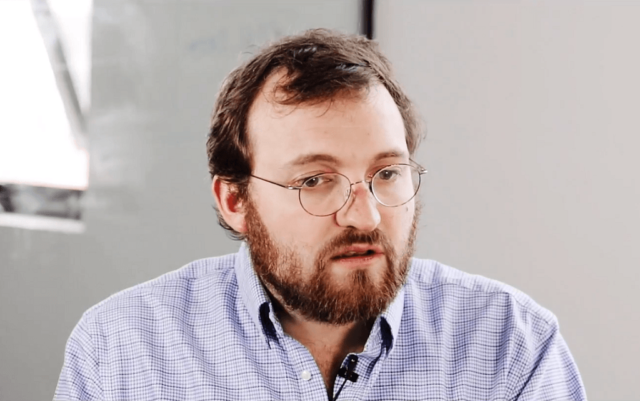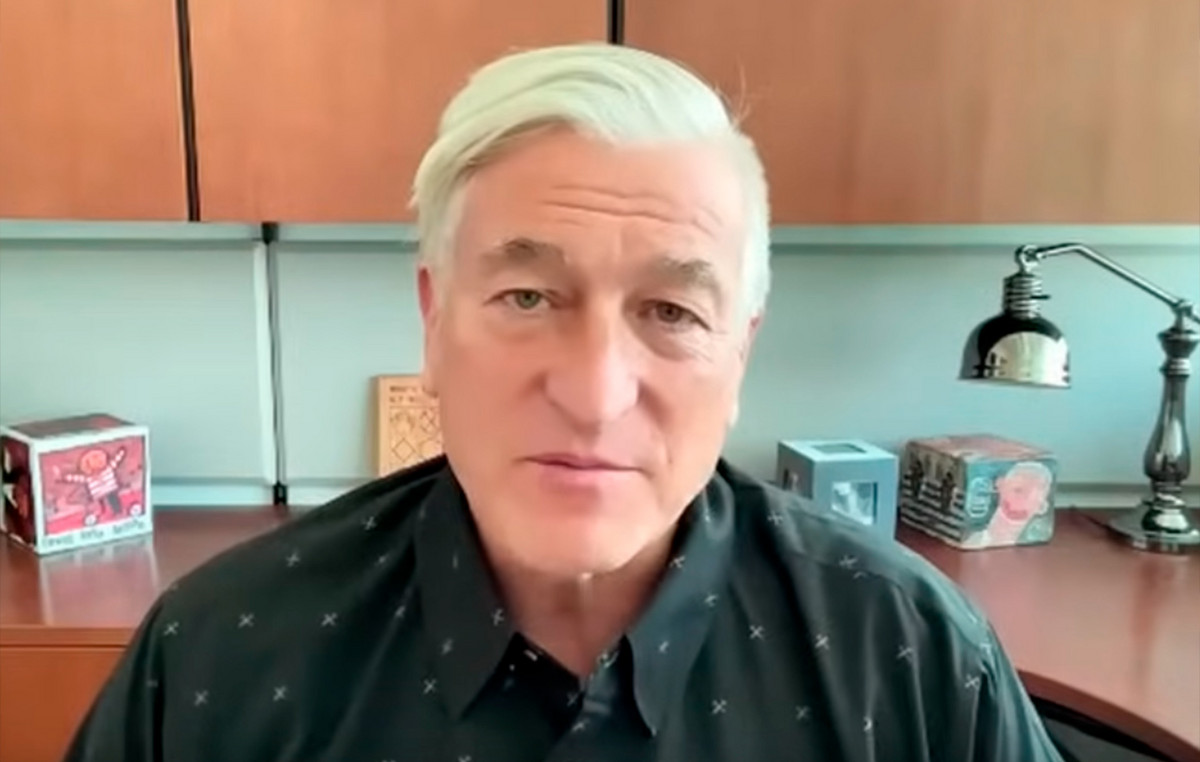For the economist and former director of Petrobras Ildo Sauer, a possible conflict of interest on the part of those appointed by the federal government to positions at the state-owned company is not the only problem that the company has faced.
In an interview with CNN this Monday (4), he assesses that the possibility of conflict of interests involving Adriano Piresnominated for the presidency of the state-owned company, and Rodolfo Landim, who withdrew from the nomination for the presidency of the company’s board, it has two aspects.
“One is the one derived from the legislation, which says that any director of Petrobras, on the board or directors, cannot continue to exercise directly or indirectly activities in favor of companies competing with Petrobras”, he says.
For him, this aspect in relation to Pires needs to be “deeply clarified”. “Petrobras has an area of compliance that should work and should examine the curriculum of the proposed people, and they themselves have to be transparent, not fail to disclose what is important”.
“The second level is the conflict of interest around what Petrobras represents. Today, it produces at least most of the Petroleum Brazilian oil, about 2.6 million barrels per day of the 3 million produced in total, are from Petrobras”.
In this sense, Sauer sees a dispute over the share of the company’s significant revenue, which is divided into taxes, royalties, profits and dividends.
“On the one hand, shareholders want most of this to go to dividends, and consumers want fuel to be cheaper. On the other hand, the population, which according to the Constitution is the owner of oil and built Petrobras, should realize that part of that money should go to education and public health”, he says.
He also points out a fourth audience, which is linked to the issue of possible conflicts of interest: foreign companies.
“Most have not had access anywhere in the world. The major exporters of OPEC has concentrated oil in state-owned companies, and Brazil is one of the few countries where large companies have had access to reserves, and some of these consultants have historically acted in consultancy work in favor of these companies”.
According to the economist, this is the case for Pires. He emphasizes that these works are not illegal or illegitimate, but they can end up characterizing a conflict of interest and preventing the nomination.
Sauer considers, however, that the “great dilemma” of the federal government would be another. “On the one hand, he wants to say that he meets the pressures of foreign shareholders and investors, and on the other, in the pre-electoral period, he is concerned about the repercussion of high fuel prices and wants to meet the demand for cheaper prices, which is an issue very serious”.
Therefore, it is difficult to reconcile these two objectives, which end up leading to measures that differ from those expected by each group. “The legal problem has to be overcome first, it hasn’t been yet, but it’s not the only one”.
Source: CNN Brasil
I am Sophia william, author of World Stock Market. I have a degree in journalism from the University of Missouri and I have worked as a reporter for several news websites. I have a passion for writing and informing people about the latest news and events happening in the world. I strive to be accurate and unbiased in my reporting, and I hope to provide readers with valuable information that they can use to make informed decisions.







